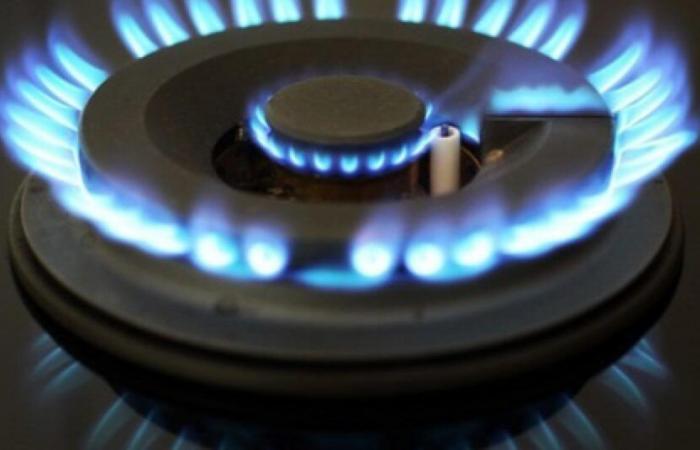The level of gas reserves is falling, and prices are increasing. Is it better to choose a fixed contract or a variable contract as winter approaches?
A rather unusual fact at this time of year: the level of European gas reserves has fallen. They were still 95.32% full on October 28, but since then, the level has continually decreased. It now shows 93.37% (for Sunday November 10, latest data available). This is not a significant drop, of course, but it shows that the continent is already starting to tap into reserves early. “Bad news for the EU”, comments energy expert and professor at the University of Liège, Damien Ernst, on X.
And the level could fall further in the days to come. Because a cold wave will affect part of Europe. The price of gas has also reacted to this situation and has gained 11% since November 1st. It is trading at nearly 44 euros per MWh at the time of writing.
It is in fact the law of supply and demand. If reserves are almost full, and the gauge increases day by day, traders must offer lower prices to continue selling to Europe. Because demand is low. If, on the contrary, reserves become empty, this shows that there is more demand, and gas sellers can charge a higher price. Europe's objective is above all not to end the winter with too low reserves. Otherwise it will take more time and cost more money to refill them, in a context where we can no longer rely on Russian supplies (former number 1 supplier). This year, for example, there remained more than 58% in mid-March, and 60% in 2023. Which is a lot, compared to historical averages.
Dark and little wind
One of the reasons why the level of gas reserves has fallen is the weather over the past two weeks. A gray and dark sky, like a thick, incessant fog, and all without wind. This severely limits the production of solar panels and wind turbines, and more gas must be used to create energy. The cost of electricity, in the spot and overnight markets, has increased rapidly.
But this Monday, this blanket of fog finally lifted and the sun made a (timid) return. The wind has also picked up a bit, and prices are no longer so high.
Fixed or variable?
All this leads us to the following question: what about consumers' energy bills? And is it better to choose a fixed contract rather than a variable contract, to avoid possible price increases this winter?
In recent months, comparison sites have regularly pointed out that fixed contracts are much more expensive than variable ones. This supplement was not necessarily worth it (energy prices do not change as much). But the tide seems to be turning: the difference is diminishing.
Every month, Belgian suppliers review the prices of the different contracts. In November, the prices of variable contracts are therefore revised upwards, as prices increased in October (and they could be revised upwards again in December, in view of the latest developments on the market, described above). But the prices of fixed contracts have been revised downwards, in particular thanks to reductions reserved for new customers.
Now, to know which contract is the cheapest and best suited to your needs, you need to look at your spending habits. But it can always be useful to do a simulation and compare prices, to possibly change offers if another might suit you better.






